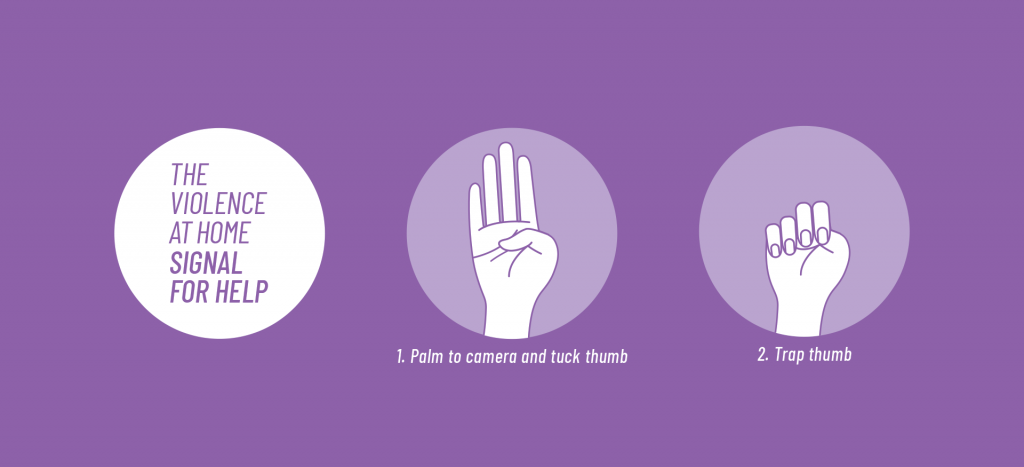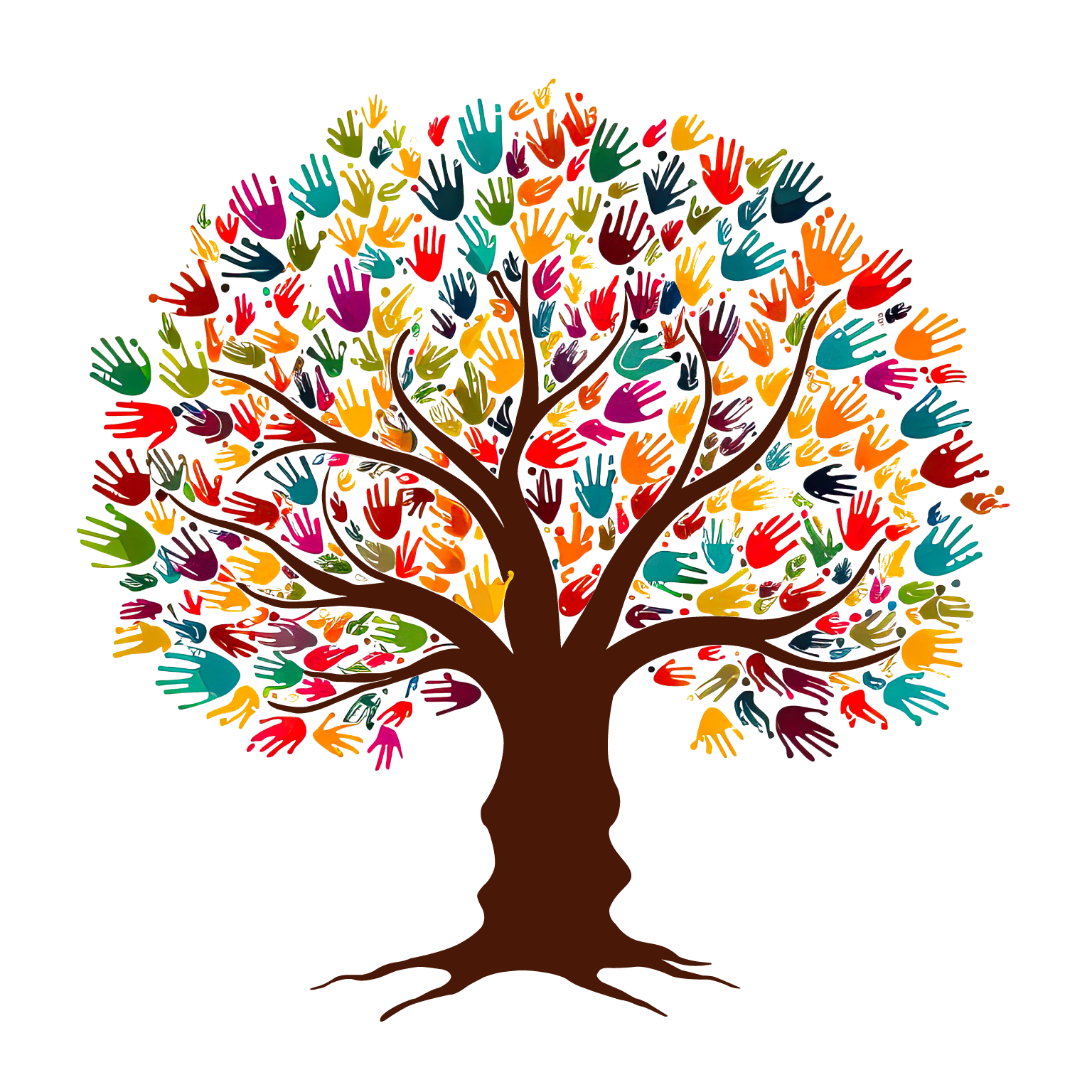By Amira Ibrahim
Last year, 1.4 million women aged 16 and above experienced domestic abuse in England and Wales. In 2023, an average of eight women a month were killed by a partner. This is why accessible support services are essential for all women in need.
These numbers are accompanied by an average of 2.5 years during which victims live with serious harm or threats of murder before seeking help.
Women struggle to seek support for various reasons, including but not limited to: financial dependence on their partners, emotional manipulation, fear of retaliation, cultural stigma or hopelessness.
One other reason is many women are unaware of the support services available through organisations, government bodies and charities. While seeking help can be daunting, understanding the available tools and resources that support victims can provide a sense of strength.
Below, we will outline the available support services for women who are facing domestic abuse.
1. Helplines
Helplines are resources that provide support and advice through phone, web chat, email and text. They’re free, confidential and available 24/7.
In England, the National Domestic Abuse Helpline can be accessed through online live chat, web form or 0808 2000 247.
In Northern Ireland, the Domestic and Sexual Abuse Helpline through online live chat, help@dsahelpline.org and 0808 802 1414.
In Scotland, Domestic Abuse and Forced Marriage Helpline through online live chat, helpline@sdafmh.org.uk and 0800 027 1234.
In Wales, Live Fear Free Helpline through online live chat, text, info@livefearfreehelpline.wales and 0808 80 10 100.
For these helplines, the phone hours are 24/7 and the online live chat is Mon-Fri, 10AM – 10PM.
2. Police Assistance
If you are in immediate danger, it is always best to contact the police. Call 999 if you can, if you cannot speak on the phone- there are other options.
When you dial 999, listen to the questions from the operator and respond by coughing or tapping. You can then press 55 to be put through to the police. If you stay silent and do not press 55, your call will end.
If you are deaf, hard of hearing and speech impaired, you can contact 999 using the Relay UK service. You will need to register with your number to use the service. To register, you will need to text the word ‘register’ to 999. You should do this when you are safe, for when it is needed.
3. Charities and Organisations
Many charities provide support to domestic abuse victims with services including messaging and email helplines, forums for survivors to connect, and access to accommodations and therapy when needed.
Women’s aid encourages victims to reach out to their support services through chat or email and provides The Survivors’ Forum where women can share their experiences and support each other. They also provide The Survivor’s Handbook which allows access to advice and vital information for women facing domestic abuse.
Southall Black Sisters provides free advice, support and advocacy to support domestic abuse victims. Their helpline connects to an expert advisor to offer guidance to women in escaping domestic abuse. You can contact them at 0208 571 0800 (Mon- Fri, 10AM- 4PM) or info@southallblacksisters.co.uk. They also run the SBS No Recourse Fund for victims who can’t access emergency accommodation or social housing.
Other notable charities include Refuge, SolaceWomensAid, IDAS, Oasis, Salvation Army, National Center of Domestic Abuse and Hestia.
4. Councils and Community Spaces
Beyond helplines, charities and the police: domestic abuse victims can seek help from local councils and community spaces.
Under the Domestic Abuse Act 2021, councils have a legal duty to assist victims. Women can approach their council for emergency accommodation, long-term housing support, legal and financial advice and referrals to domestic abuse charities or support services.
Each council has its own dedicated support page which can be found by searching for your local authority, for example Croydon Council, Hackney Council, Ealing Council, and Camden Council. The support services vary but may include social care teams, community safety teams and emergency accommodation.
There are also spaces such as women’s centres or mosques that offer support. Here are some examples:
– West Hampstead Women’s Centre is a safe space for women who seek support for cases including domestic abuse. This centre is based in Camden and is available to locals.
– Hillingdon Women’s Center also provides support to victims and offers specialist caseworkers to assist.
– Green Lane masjid provides housing support, a helpline, drop-in support as well as in-person and telephone.
There are many routes to seeking help: it’s about what feels safest and most comfortable for you. Remember, support is available and you aren’t alone!


